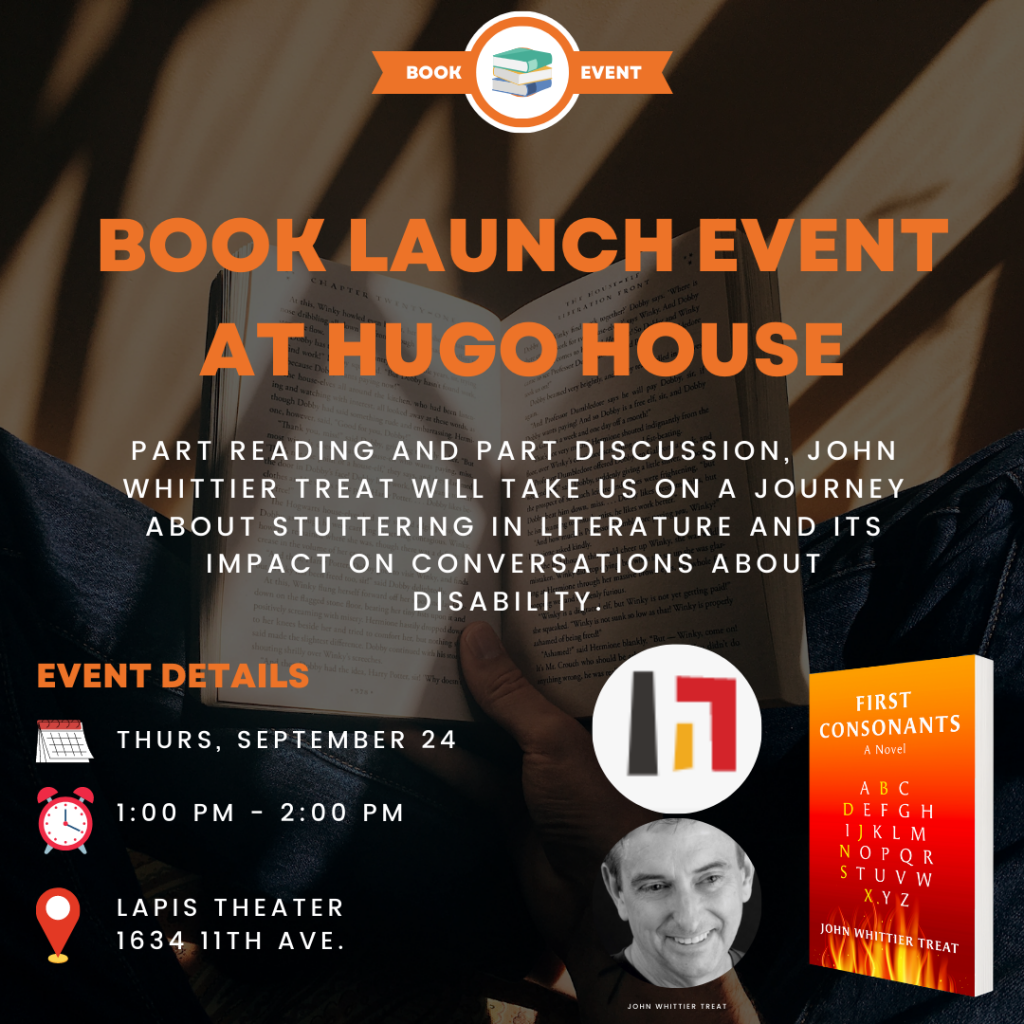Here is the story when you try to write your story. You want to. You need to. There is some ego involved but also something you genuinely would like to express. You try to use narrative to make sense. You try to use language to represent. But then you sit in front of the computer and you know you are a fool. And you hurt people. And nothing you ever write, no gloss or shine you ever put on that, is going to make it any better.
It happened like this. Sort of like this. Kind of like this. There might be some boring stuff you’re leaving out. You’ve always been broken and done your best to hide it. You want someone to understand. You want to be seen. You want to take part in your world’s conversation. But so much of it is so banal.
Like if you love America.
Repost for Jesus.
Retweet #underGod @Constitutionalboner.
Text “freewindshieldwipers” to 47811.
Forgive me, Father, for I have sinned.
But back to your story. And it’s your story, of course, but you have a feeling it’s also a lot of people’s. You are both unique in and exactly the same as everyone else. You’ve known shame. You’ve lied. You have wanted a man who you weren’t married to. You have sinned. Oh, you have sinned.
Wait, you better not write “cock” or “pussy” because your teenage kids might read this on the Internet one day. The women you were once on the PTA with might stumble upon this at stumbleupon.
But you’ve sinned and you used to believe in God and now you don’t and it makes you sad. And you long for the days when you used to stand at mass with a clear heart and repeat, “I have sinned, through my own thoughts and in my words. In what I have done and what I have failed to do. And I ask Mary the Blessed Virgin and all the angels and saints and you my brothers and sisters …” You’re not remembering it right. They changed it last year and that made you sad, too. No, not sad. Show, don’t tell. You wanted to fucking stab someone when they introduced the new words to the mass. You thought to yourself, “THE CATHOLIC CHURCH IS FULL OF COCKSUCKERS.” You have very few comforts in this world that wouldn’t be exterminated if there was an apocalypse. Those words were one of your comforts. And the bastards took them from you.
This is the middle part of the story. You have to be careful of your narrative arc here. It can get a little saggy around the middle. Your heroine really starts to struggle. This is where you ratchet up that internal and external conflict.
You can’t decide which way you want to go. It’s all either about sex or death. And you are stymied about sex because you can’t write “cock” or “pussy” and because most people think you are a Midwestern, chubby, near-sighted, pale professor who constantly has her nose in a book.
And this is one version of you. The version you are most comfortable with. But there is darkness and desire. It is walled up safely in a privileged existence. You have enough to eat. You can pay your bills. Take a nice vacation. You have people to love and people who love you. But you’ve known loss and grief and sometimes it takes every ounce of persistence to get out of bed. It takes every bit of tenacity to face the computer screen. Whine. Whine. Wine?
Yes, you did drink too much after your sister committed suicide. Two vodka tonics before bed doesn’t make you an alcoholic. It helped you sleep. Blurred the edges of the pain. You stopped about a year ago. Back to a glass or two of wine once or twice a week. It feels better. More in control. But the vodka did help with the yearning.
The yearning is at the heart of the story, the center. You taste its black strands around your tongue. Not chocolate. What are you? A fucking idiot? The yearning doesn’t taste like chocolate. It tastes like licorice and vinegar.
Throw your head back and laugh. Why, here it is. We are all so fucked. We want to yearn all the time. It makes us feel alive. We get what we yearn for and then we are off, yearning for something else. You’re pretty sure the Buddhists have a cure for this rooted in detachment. In non-attachment. But you get too attached. You always have. It’s mostly to people. But pets, too. And ideas. (Like the concept of sin.)
Sometimes in your story, you can right (write) a wrong. But you can almost never do that in real life. You just stand there with the tatters of everything all around you and you just say, “Jesus Christ, I really fucked this up.” And then you just sort of ignore it and walk away. At least that’s what you’ve done thus far.
How’s that hope and change thing working out for you? *wink*
You want to write a story about redemption, but here’s the thing, you don’t really believe in it. You’re not buying it anymore. You believe in story and work and focus and love and family. And you still want to believe in God, you really do. Your new image of God is a purple band across the universe (like a stripe, not like Led Zeppelin and certainly not like One Direction or the Jonas Brothers. Fucking words. They never evoke exactly what you want them to. They are so IMPRECISE). God might be one of those awesome things that the Hubble sees. (After it’s been colorized. And you are glad they colorize the Hubble stuff. How else would you see anything?) But this God is movement. Like one of those waves out of the Star Trek movies before a planet blows up. And you still wish that this purpled-banded God could come into your heart and blow it up.
How can something so painful (life) be so beautiful? Why do the black November trees, stark and leafless against the pink almost-winter sunset, break your heart? Why does watching your kids swim make you feel like you have been redeemed — that there is a happily ever after and you are living it right now? You did that. You made them. So perfect in their imperfection. So loved. You would give them parts of your body if it would make them happy. Spare them pain. But you can’t do that. The good news about there being no God is there is also no Devil. One cannot exist without the other. No one to come and ask you to sign here and sell your soul to spare your children your disinherited pain.
But your children are making their own ways in the world. And you have to go on. And you have to live outside of your books somehow.
And you have to write your own.
You can’t overthink your story. Outlining is evil. Plotting is worse.
If you are not surprised, how will the reader be surprised?
You don’t believe in God, but you’re pretty sure you believe in story.
Close out your social media windows. Maybe put on Nessun Dorma. Pour yourself one (just one) vodka tonic.
Story might come out to meet you from behind a secret door. Don’t be scared. But don’t look your story in its eyes. You both might falter. Just relax. Wait.
Let your story wrap its arms around you. Let it rest its lips against your neck.
If you’re lucky, you’ll hear it whisper in your ear, “Lover. Oh lover.”
And then the taste of licorice will flood across your tongue.





